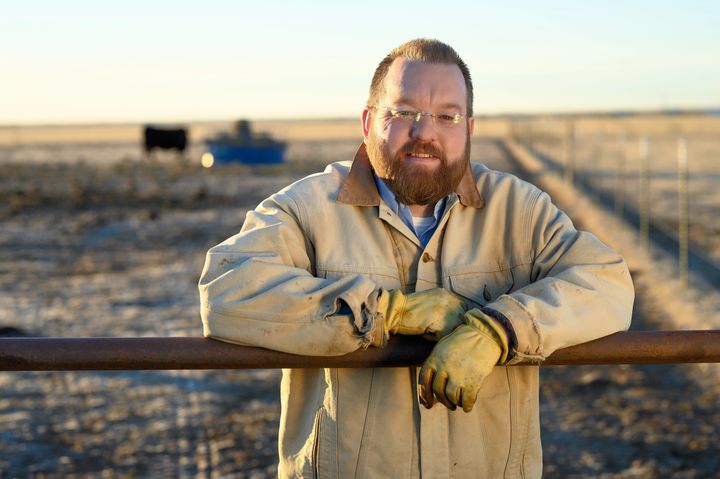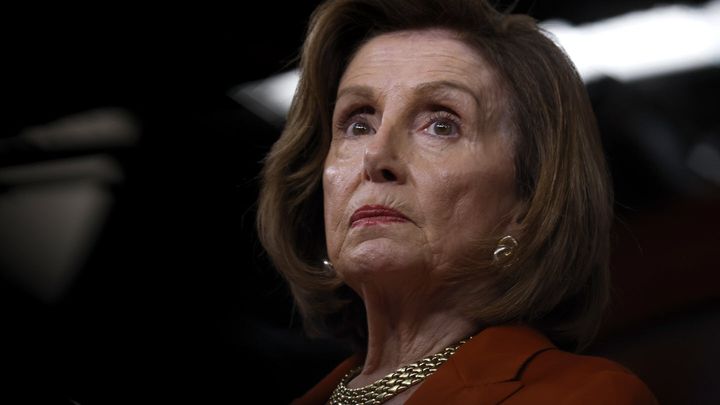In the runoff Republican primary in the Texas district currently represented by Republican Rep. Mac Thornberry, longtime cattle industry lobbyist Josh Winegarner is squaring off against retired Navy admiral and former White House doctor to President Trump Ronny Jackson.
From 2006 until the third quarter of last year, Winegarner was a lobbyist for the Texas Cattle Feeders Association, a trade group that represents the cattle feeding industry in Texas, Oklahoma and New Mexico, and he is now the organization’s director of industry affairs. Winegarner represented the group in discussions with Congress, the Department of Agriculture, and other agencies over a period in which it spent more than $2.4 million on federal lobbying, according to disclosures filed with the Senate.
Now, as he attempts to go through the revolving door and change his job title from lobbyist to U.S. representative, Winegarner is getting massive financial support from his employer. A super PAC called Ag Together has spent $446,000 on mailers and ads supporting Winegarner and opposing Jackson. The majority of its funding has come from the Texas Cattle Feeders Association, its member feedlot companies and their owners, or affiliated trade groups, according to Federal Election Commission (FEC) filings reviewed by Sludge. Of the $344,000 in donations it has disclosed, $187,500 came from the association or affiliated entities.
Ag Together PAC was formed in March and all of its expenditures so far have been to boost Winegarner in the July 14 runoff in Texas’ 13th Congressional District, a region that includes most of the Texas Panhandle. The PAC has no legal ties to Winegarner’s campaign or his employer, but it presents another example of how closely candidates and outside groups backing them can be tied without technically running afoul of the guidelines against coordination. Contribution limits were struck down for outside spending groups like Ag Together PAC following the Supreme Court’s 2010 Citizens United decision, but only if the groups do not donate to or coordinate with campaigns.
While Ag Together PAC is largely funded by Winegarner’s employer and its members, and appears to be created to support his candidacy, it is unlikely to face FEC scrutiny. To be considered illegal under the FEC’s definition of coordination, the PAC would have to be found to have produced communications at the request or suggestion of the Winegarner campaign, with material involvement from the campaign, or “after one or more substantial discussions” with the campaign in which the communications were mentioned.
Winegarner has sought to distance his candidacy from the political activities of the Texas Cattle Feeders Association. At a Wichita Falls debate, Jackson called out Winegarner for the group’s donations to Democrats, including Rep. Joaquin Castro (D-Texas), made while Weingarner was its lobbyist and director of government relations. Winegarner denied any role in deciding which candidates the group donated to, explaining that those decisions are made by a board.
Retiring Rep. Mac Thornberry, who has endorsed Winegarner, has received $58,800 in campaign contributions from PACs and individuals affiliated with the Texas Cattle Feeders Association during the course of his career, making it one of his top 20 career donors as tracked by the Center for Responsive Politics.
Jackson has also received super PAC backing. The Miles of Greatness Fund, created on June 3, has spent $597,000 backing him so far. Its largest disclosed donor is former pharmaceutical CEO Jerry Hodge, who gave $100,000.
As a Texas Cattle Feeders Associations lobbyist, Winegarner has pushed Congress on issues like repealing environmental protections for waterways, requiring the USDA to regulate lab-grown alternative proteins, exempting feedlots from greenhouse gas reporting requirements, and other matters. If elected, Winegarner could continue working on these issues with the power to introduce and vote on legislation impacting his employer.



